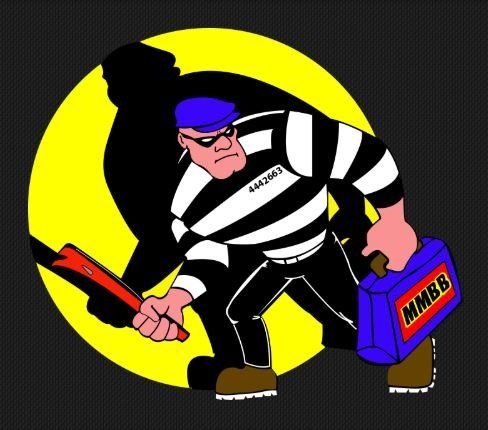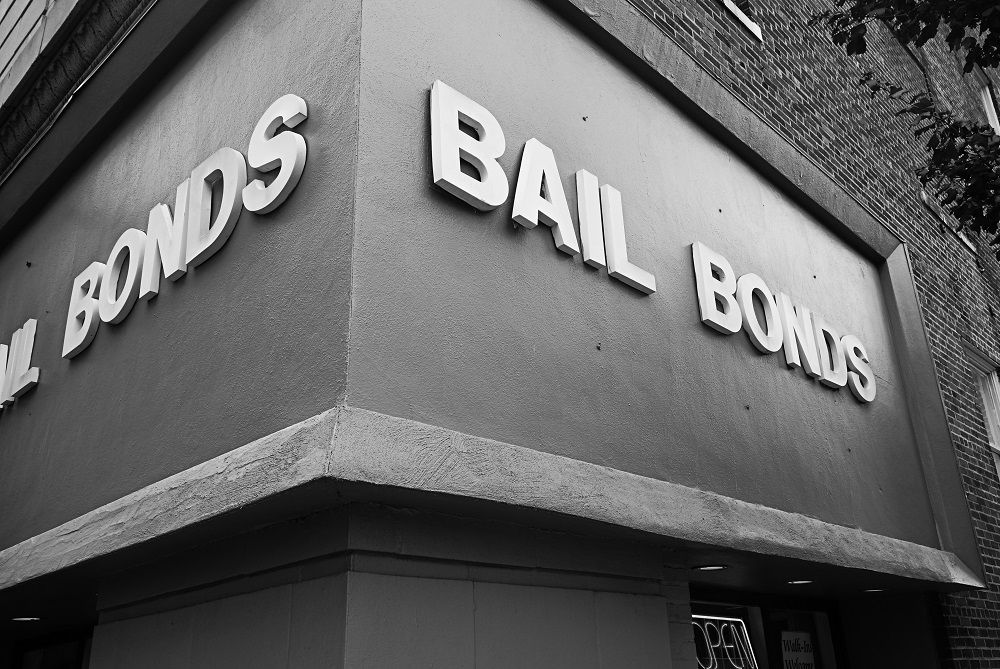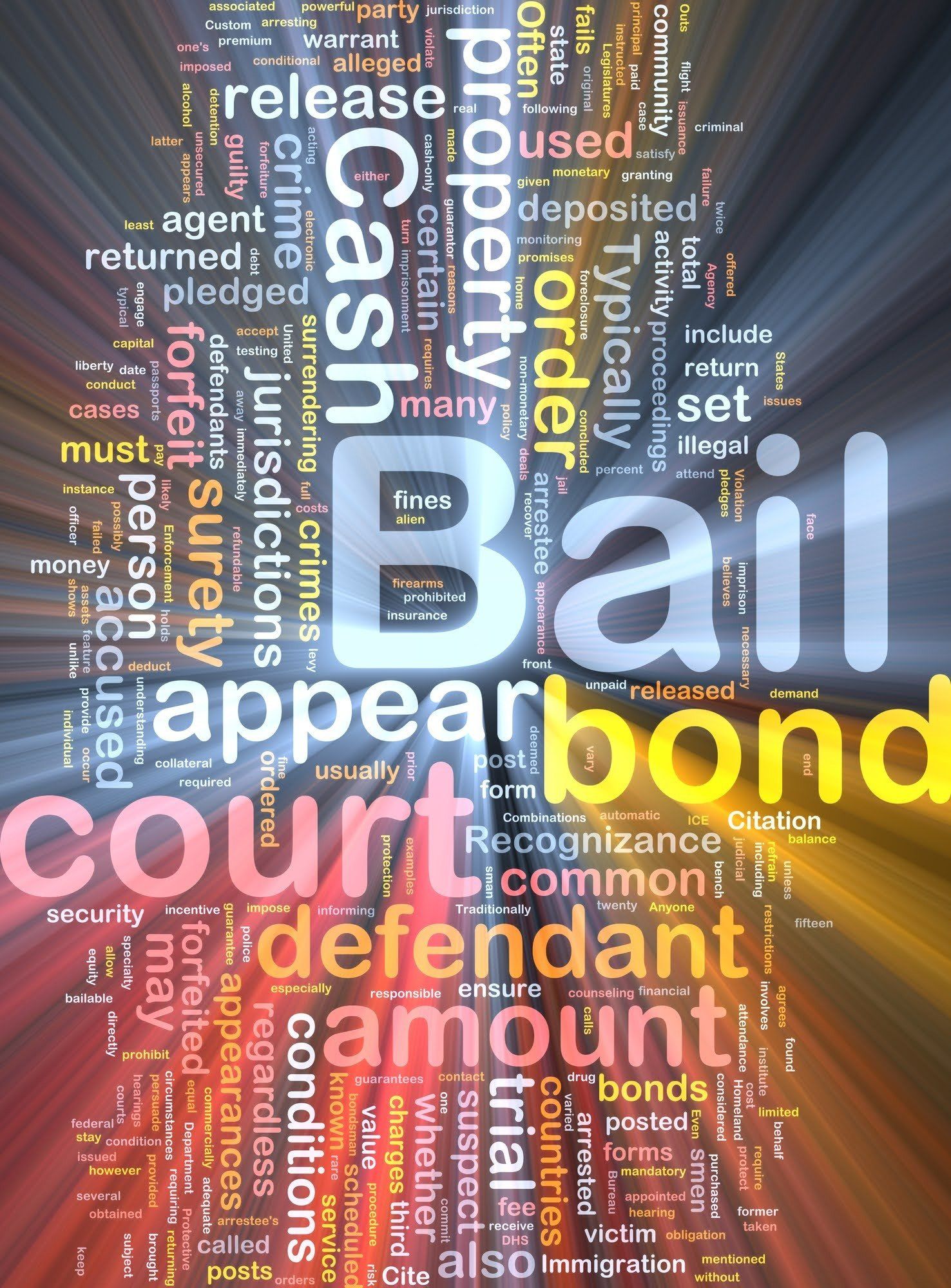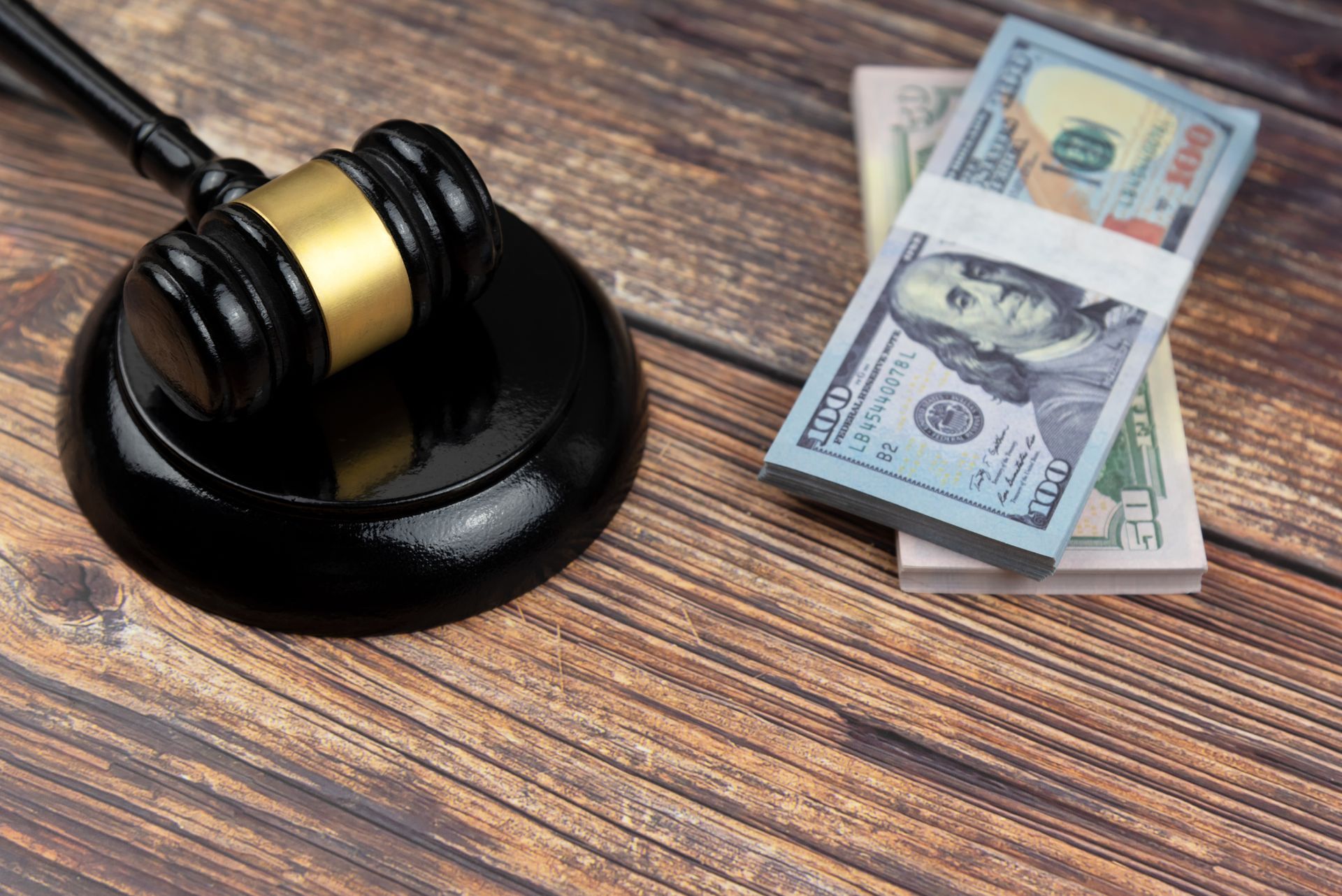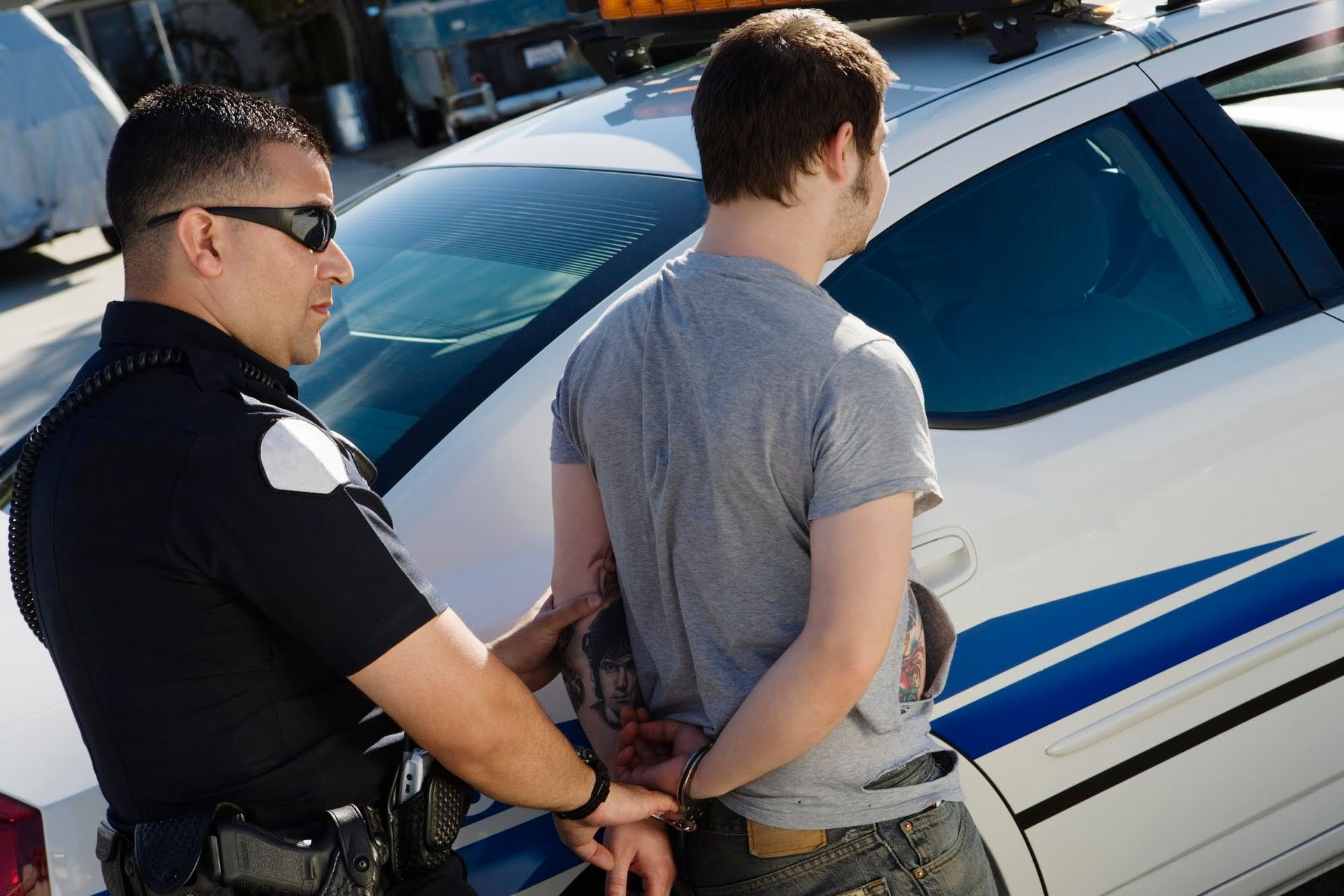Need a Bail Bond? Tips for Protecting Your Freedom Afterward

Facing any kind of criminal charge can disrupt your life significantly, but when you're struggling to secure a release on bail at the same time, that can be even more difficult. One thing many people fail to recognize is that once freed on bail, there are certain situations in which that bail can be revoked.
Familiarize yourself with the fundamentals of bail revocation and how to protect your freedom to protect your status while you're formulating your defense. Here are some of the things you need to know.
Bail Requirements
When you secure a bail bond release from jail, that release will have contingencies. Before you sign the release papers, you need to be sure that you understand those contingencies. If you don't meet the terms that have been set forth for you, that can lead to bail revocation. Therefore, it's essential that you thoroughly understand the terms so that you can abide by them.
For example, most bail agreements will require that you appear for all court hearings and remain in regular contact with the clerk of courts. You'll typically also be required to stay in contact with your bond agent at predetermined intervals. Sometimes, requirements include no-contact orders on the victim and their family or on others convicted of crimes.
Failure to Appear
You'll be provided with notification of every court hearing while you're out of jail on bond. If you fail to appear at any scheduled hearing, that is a violation of the bond release agreement, which is cause for revocation. In most cases, it will require a court hearing for contempt, at which point the judge issues a warrant to return you to custody.
This is an important step because, at that point, bail is revoked and must be re-established after you have been put back in jail.
Sometimes, once bail is revoked, the court will refuse to provide you with another opportunity. This is particularly true if there are concerns that you're a flight risk. You can avoid this by making sure that you are present for every court hearing. Keeping in touch with the clerk of courts can help ensure that you don't miss a court date.
Co-Signer Revocation
In most situations, the co-signer on a bail bond agreement retains the right to revoke their sponsorship of the bond. If your co-signer has any reason to believe that you aren't going to attend your court hearings, or if there's evidence of further wrongdoing, revoking the bond agreement may prove necessary.
In those cases, the co-signer will have to appear in court and explain to the judge why they wish to withdraw from the bond. You can prevent this by working with your co-signer and reassuring them that you're staying out of trouble and will attend those court hearings.
Lack of Contact
Most bail bonds agencies have a standard requirement for those they've bonded out of jail that mandates routine check-ins either in person or by phone. In most cases, those check-ins are either daily or weekly, depending on the situation. More than one missed check-in will frequently result in the bond agent revoking their bail bond with the court. At that point, you'll be returned to jail to await trial.
While it's in your best interest to make every check-in time with your bond agent, the fact is that sometimes things happen. If you've been unable to meet a check-in deadline for any reason, call your bond agent immediately when you realize it. The sooner you reach out and explain what happened, the better your chances of protecting your freedom.
These are some of the key considerations when you're dealing with the possibility of bail revocation. Matt McKeehan Bail Bonds can help. Give us a call today for more information and support.
